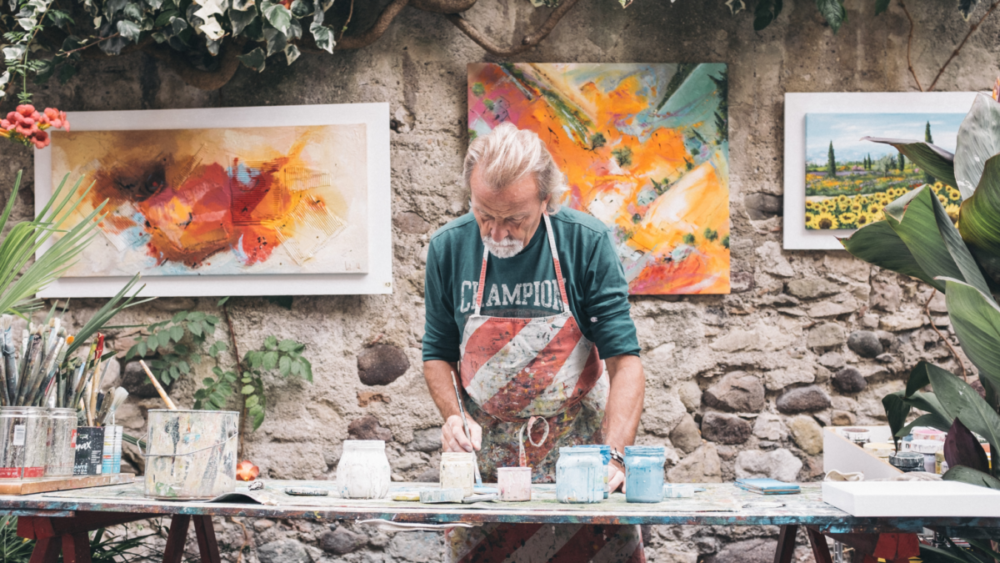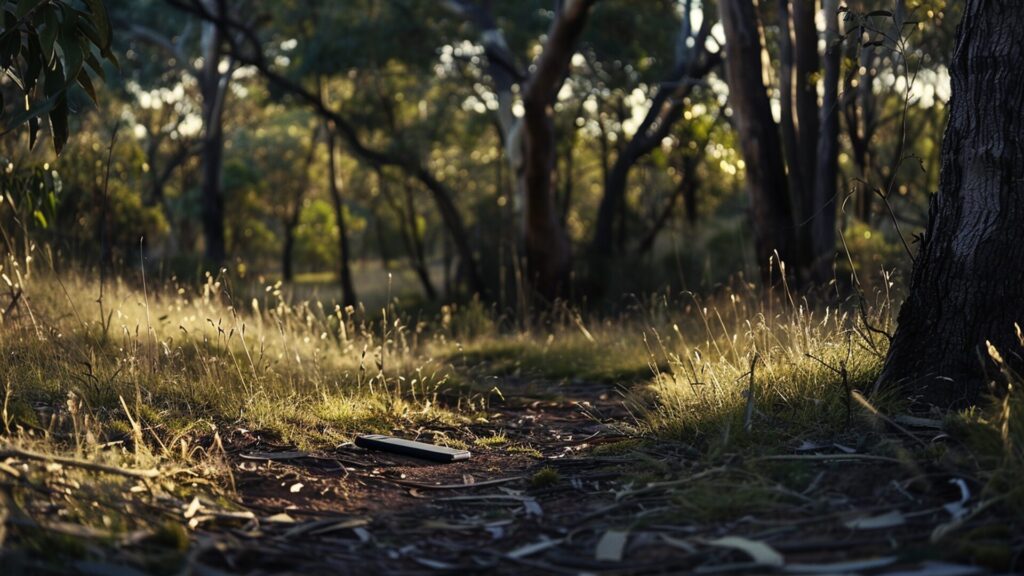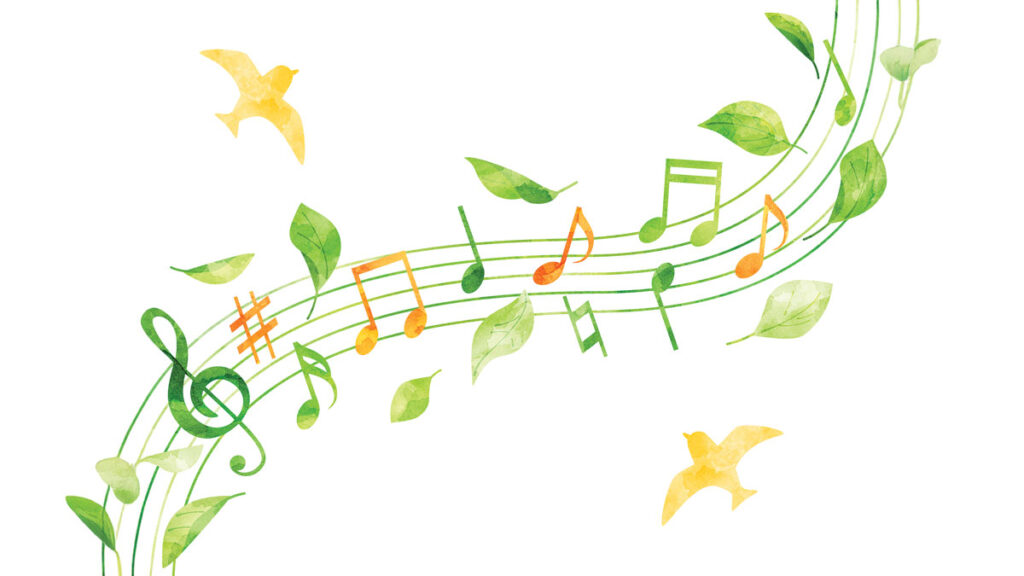“I’m not creative.”
It’s an excuse I hear over and over again, most often when I’m drawing on my iPad in public or posting art to Instagram: “If only I was creative like you . . .”
Like clockwork, I reply, “But you are creative!”, an assurance typically met with a scoff and a headshake.
Reactions like this aren’t surprising, really. Creativity is a characteristic we usually associate with a narrow array of industries: photographers are creative, composers are creative, designers are creative. With natural talent and lots of practise, people with professional quality output are quickly labelled “creative”.
There’s nothing wrong with this, of course. It’s certainly reasonable to hope that people working in “creative industries” live up to their name. But what about the doctor whose quick-witted jokes makes her patients laugh? Or the accountant whose streamlined system shaves 30 minutes off every tax return? Or the bricklayer whose resourceful problem-solving saves clients thousands of dollars? Just because these pursuits aren’t stereotypically “creative” doesn’t mean they’re not.
More than anything, creativity is a way of thinking. It’s the process of combining unrelated ideas or activities to make new things. Yet thousands of people who do this daily spend their lives believing that they are boring and uninspired, simply because they don’t fit the not-so-cookie-cutter “artist” mould. This alone tells me that as Christians, we have forgotten who we are.
In Genesis 1, God creates the heavens and the earth, and then in verse 27 He creates mankind in His own image. Labelling God as creative—the One who spoke life into existence and paints the sky with coloured lights each evening—is the greatest understatement of all time. So if the Bible is true and we are being constantly transformed into the image of our Creator day by day (Colossians 3:9,10; 2 Corinthians 3:18), then surely it’s not outlandish to consider creativity as ingrained in the very fabric of the human condition.
But we don’t. And for as long as we believe the devil’s lie that we’re “not enough” and aren’t made in God’s image—consciously or subconsciously—we lose our ability as Jesus-followers to reach the masses, maintain relevancy and stay passionate. The devil wins. [pullquote]
So what about those of us who do identify as “creatives”? Surely we redeem the masses and propel the church and its message into relevant territory? Oh, if only. We also make excuses: we’re too busy, we’re limited or frustrated by church politics, we’re stuck in trying personal circumstances, we just don’t feel inspired. Naturally, other priorities take precedence over church programming, stage decoration or hand-lettering Bible verses.
You might read this and wonder what the problem is. After all, the gospel can be spread in “non-creative” ways as it has been for centuries—the Bible can speak for itself. But in a world of technicolour, noise and distraction where people are increasingly hostile to religious doctrine, creative mediums are perfect for capturing time and attention in a natural, non-confrontational way.
In the same way it’s difficult to argue with someone’s personal testimony, it’s difficult to argue with creative expression. Atheists listening to Kanye West’s new album are singing Jesus’ praises, while non-Christians viewing religious art in galleries are stopping to question their beliefs. It’s because they’re not being judged for being a sinner; not being preached at with jargon-esque rhetoric; not being told what to do. They’re simply beholding faith expressed vulnerably, relevantly and beautifully, and it leaves them questioning.
And so, this Sabbath’s issue of Adventist Record is special. I’ve put it together with a fantastic team of writers and artists to encourage you to recognise and embrace your God-given, lifetime-guaranteed creativity. No more excuses; no more self-doubt; no more shame. It’s time to live as a child of God, made in His image, with new practical meaning.






